The the three countries that celebrate Black History Month Every Year.
1. United States, Australia, Nigeria
2. Canada, Haiti, United States
3. United Kingdom, United States, Canada
United Kingdom, United States, and Canada
She was the first American woman to win three gold medals in track and field - in the 1960 Olympics for the 100 and 200 meters and the 400 meter relay.
1. Wilma Glodean Rudolph
2. Cathy Freeman
3. Marion Jones
4. Shelly Ann Fraser- Pryce
Wilma Glodean Rudolph (1940 - 1994)
Wilma Glodean Rudolph was an American sprinter born in Saint Bethlehem, Tennessee, who became a world-record-holding Olympic champion and international sports icon in track and field following her successes in the 1956 and 1960 Olympic Games.
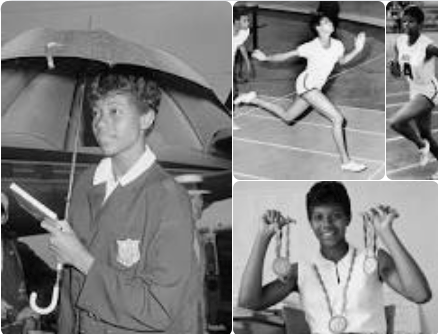
I was the First African American Supreme Court Justice.
1. Clarence Thomas
2. Thurgood Marshall
3. Patricia Timmons-Goodson
4. Clarence Thomas
Thurgood Marshall was an American lawyer and civil rights activist who served as Associate Justice of the Supreme Court of the United States from October 1967 until October 1991. Marshall was the Court's first African-American justice
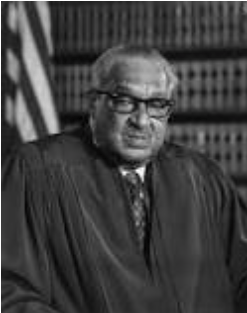
He was the first African American to play Major League Baseball.
1. Jackie Robinson
2. Moses Fleetwood “Fleet” Walker
3. Willie Mays
3. Satchel Page
Moses Fleetwood “Fleet” Walker
On May 1, 1884, the 26-year-old Walker was the catcher for the Toledo Blue Stockings in their opening game in the then-major league American Association. Six decades later, while Robinson was hailed as a pioneer, Walker was seen more as a curiosity.
I am an abolitionist and women's rights activist who was born into slavery but escaped with my infant daughter in 1826. I argued in court to have my son returned to me in 1828.
Sojourner Truth
Why is Black History Month Celebrated in February?
1. To honor the legacy of Martin Luther King Jr.
2. To recognize the influence that Abraham Lincoln and Frederick Douglass had on black Americans.
3. To celebrate the history of black achievement.
Carter Woodson is known as the father of black history. He announced the second week of February to be dedication to celebrating black history. He thought Abraham Lincoln and Frederick Douglass, both born in Feb., had the greatest influence on black Americans.
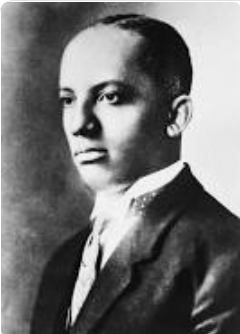
She is the author and poet who read a specially-composed poem at President Bill Clinton's inauguration in 1993.
1. Marita Koch
2. Maya Angelou
3. Gwendolyn Brooks
4. Langston Hughes
Maya Angelou (1928)
Maya Angelou was an American poet, memoirist, and civil rights activist. She published seven autobiographies, three books of essays, several books of poetry, and is credited with a list of plays, movies, and television shows spanning over 50 years. She received dozens of awards and more than 50 honorary degrees.
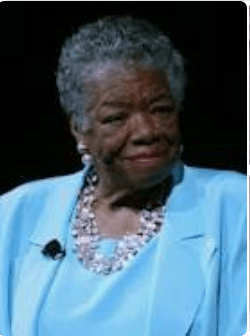
She was a charter member of the NAACP and an early advocate for civil rights and the suffrage movement (the movement to grant women the right to vote).
1. Angela Davis
2. Rosa Parks
3. Sojourner Truth
4. Mary Church Terrell
Mary Church Terrell
He started the "Back to Africa Movement" and was later deported back to his homeland in Jamaica.
1. Malcom X
2. Marcus Garvey
3. Louis Farrakhan
4. Elijah Muhammad
Marcus Garvey
Marcus Mosiah Garvey Jr. ONH was a Jamaican political activist, publisher, journalist, entrepreneur, and orator. He was the founder and first President-General of the Universal Negro Improvement Association and African Communities League, through which he declared himself Provisional President of Africa.
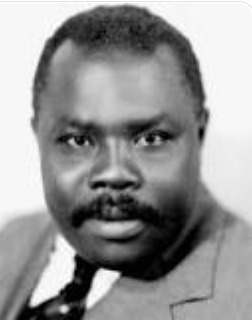
At the age of three, I began playing the piano by ear. During the period in the United States known as the Civil Rights Era my music reflected the anger that other Black Americans felt as they fought for their freedom and rights. I recorded more than forty albums, earning four Grammy Award nominations and received a Grammy Hall of Fame Award in 2002.
Nina Simone
In this year it was proposed that the entire month of February become black history month.
1. 1965
2. 1968
3. 1969
4. 1970
1969
She was an advocate for civil rights, a fund raiser for NAACP, and the first black person to sign a long-term Hollywood contract in 1942.
1. Lena Horne
2. Ida B. Wells
3. W.E.B. Du Bois
4. Ella Baker
Lena Horne (1917 - 2010)
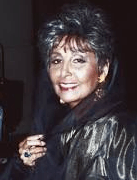
This constitutional amendment abolished slavery throughout the United States.
1. The 2nd amendment
2. The 13th amendment
3. The 14th amendment
4 The 15th amendment
The Thirteenth Amendment to the United States Constitution abolished slavery and involuntary servitude, except as punishment for a crime. The amendment was passed by Congress on January 31, 1865, and ratified by the required 27 of the then 36 states on December 6, 1865
Her calculations of orbital mechanics as a NASA employee were critical to the success of the first and subsequent US crewed spaceflights.
Katherine Johnson
I was a pioneer of the 1950 civil rights movement. On March 2, 1955 I was arrested at the age of 15 in Montgomery, Alabama for refusing to give up my set to a white woman.
Claudett Colvin
Before Rosa Parks, There Was Claudette Colvin Claudette Colvin is a retired American nurse aide who was a pioneer of the 1950s civil rights movement. On March 2, 1955, she was arrested at the age of 15 in Montgomery, Alabama, for refusing to give up her seat to a white woman on a crowded, segregated bus.
He performed the first successful open-heart surgery.
1. Dr. Charles Drew
2. Dr. William Augustus Hinton
3. Dr. Daniel Hale Williams
Dr. Daniel Hale Williams
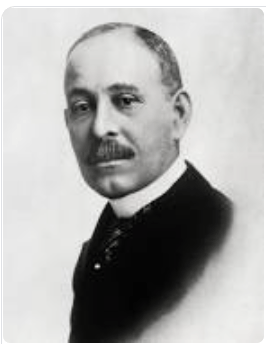
She was head of the National Council of Negro Women for 40 years and received the Presidential Medal of Freedom and the Congressional Gold Medal for her work for social equality.
1. Dorthy Height
2. Margaret Walker
3. Toni Morrison
4. Angela Davis
Dorothy Height (1912 - 2010)
Dorothy Irene Height was an American civil rights and women's rights activist. She focused on the issues of African American women, including unemployment, illiteracy, and voter awareness.
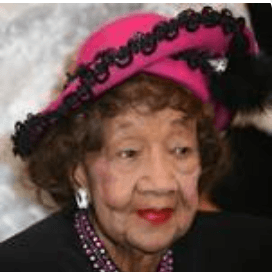
This artist was part of the Harlem Renaissance.

She wrote Caged Bird.
Maya Angelou
Maya Angelou was an American poet, memoirist, and civil rights activist. She published seven autobiographies, three books of essays, several books of poetry, and is credited with a list of plays, movies, and television shows spanning over 50 years. She received dozens of awards and more than 50 honorary degrees.
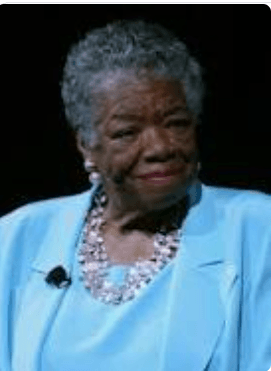
I am the first woman elected to the Vice Presidency.
Kamala Harris
This President was the first to recognize Black History Month.
1. Jimmy Carter
2. Gerald Ford
3. Ronald Reagan
4. Barack Obama
Gerald Ford
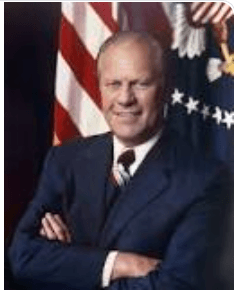
She was a civil rights activist and President of the Arkansas NAACP who advised the nine high school students who integrated the Little Rock public schools in 1957.
1. Daisy Lee May Bates
2. Dorothy Height
3. Malcom X
4. John Lewis
Daisy Lee May Bates (1914 - 1999)
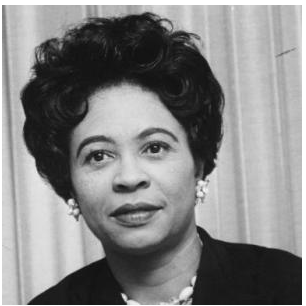
The name of the first African American to go into space.
1. Guion Bluford
2. Ronald Erwin McNair
3. Frederick Drew Gregory
4. Mae Carol Jemison
Guion Stewart Bluford Jr. (born November 22, 1942) is an American aerospace engineer, retired U.S. Air Force officer and fighter pilot, and former NASA astronaut, who is the first African American[1][2][a] and the second person of African descent to go to space. Before becoming an astronaut, he was an officer in the U.S. Air Force, where he remained while assigned to NASA, rising to the rank of colonel.
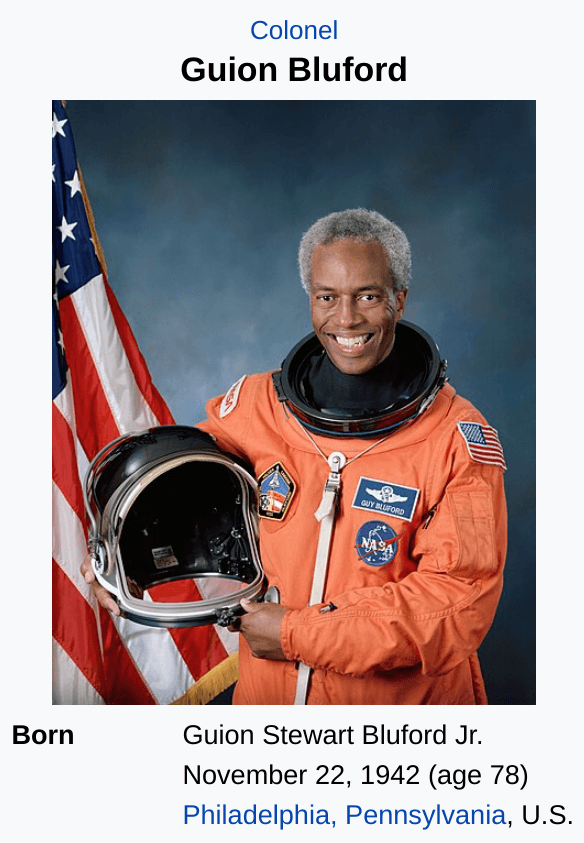
He was a civil rights activist and politician who served Georgia's 5th congressional district from 1987 to 2020. I was also the chairman of the Student Nonviolent Coordinating Committee from 1963 to 1966.
John Lewis
I was the first African-American woman pilot.
1. Bessie Coleman
2. Asli Hassan Abade
3. Madeline Swegle
4. Stephanie Johnson
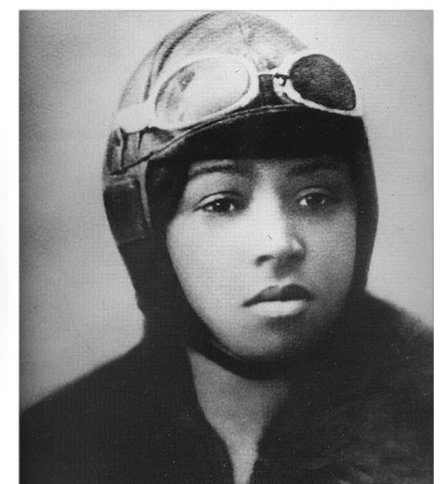
Bessie Coleman
Bessie Coleman was the first African-American woman pilot. She had humble beginnings. Her father was a sharecropper (one who pays living expenses by farming on land owned by someone else) in Texas and she was a one of 13 children. She walked four miles every day to school. As an adult, Bessie became interested in aviation (flying) after hearing stories from World War I veterans. Aviation schools in the United States would not admit women or black people so Bessie studied and earned her pilot’s license in Europe. When she returned, she was known as Queen Bessie and earned a living by doing air acrobatics. She died at the age of 34, doing the thing she loved most – flying.
This name was given to the network of secret routes and safe houses established in the United States during the early to mid-19th century, and used by enslaved African-Americans to escape into free states and Canada. The scheme was assisted by abolitionists and others sympathetic to the cause of the escapees.
The Underground Railroad
She founded the college that became the Bethune-Cookman University in Florida and founded the National Council of Negro Women in 1935.
1. Mary Jane Mcleod
2. Tarana Burke
3. Ibram X. Kendi
4. Samuel L. Jackson
Mary Jane McLeod Bethune (1875 - 1955)
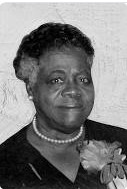
She said, "If you hear the dogs, keep going. If you see the torches in the woods, keep going. If there's shouting after you, keep going. Don't ever stop. Keep going. If you want a taste of freedom, keep going."
Harriet Tubman
He was an abolitionist, orator, writer and statesman. After escaping from slavery in Maryland, I became a national leader in the abolitionist movement.
Frederick Douglass
I was the first African-American child to desegregate the all-white William Frantz Elementary School in Louisiana on November 14, 1960.
Ruby Nell Bridges
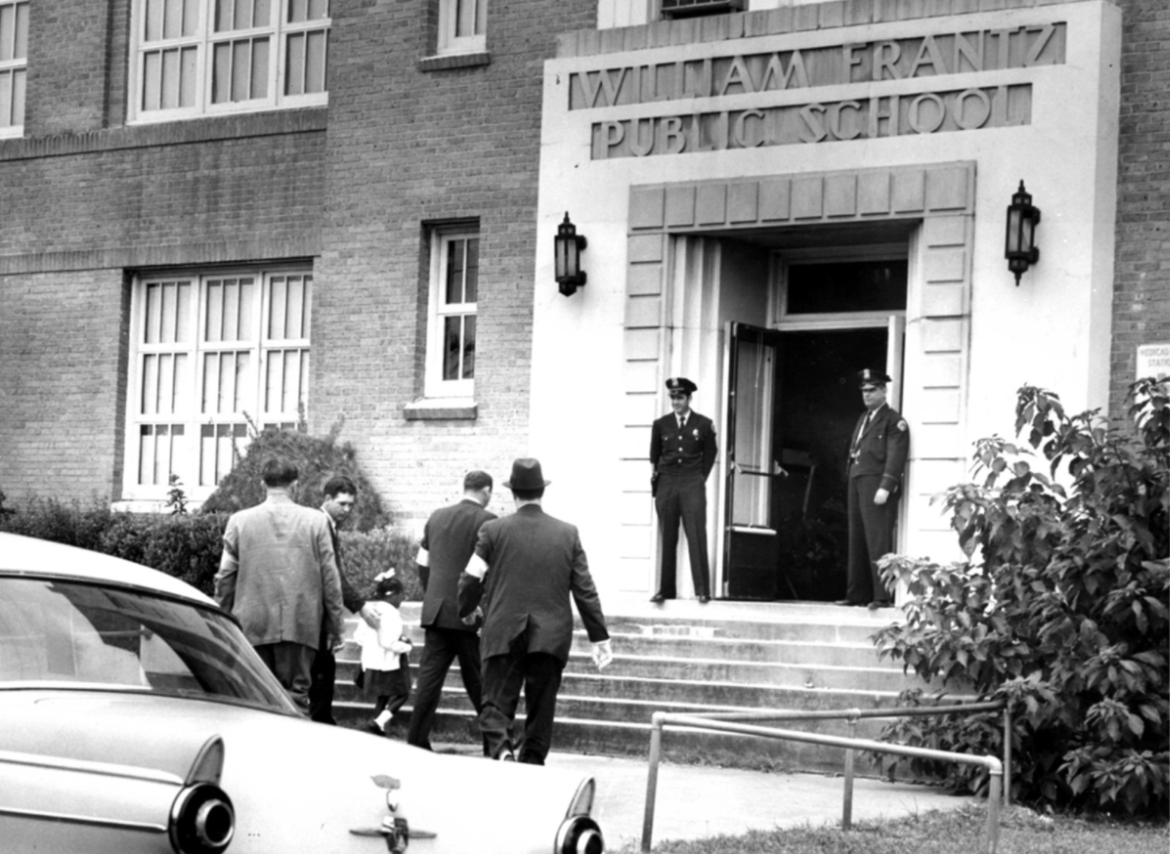
These state and local laws enforced racial segregation in the Southern United States.
1. The Three-Fifths Clause of the United States Constitution
2. Jim Crow
3. Separate but equal
Jim Crow Laws
In practice, Jim Crow laws mandated racial segregation in all public facilities in the states of the former Confederate States of America and in some others, beginning in the 1870s.
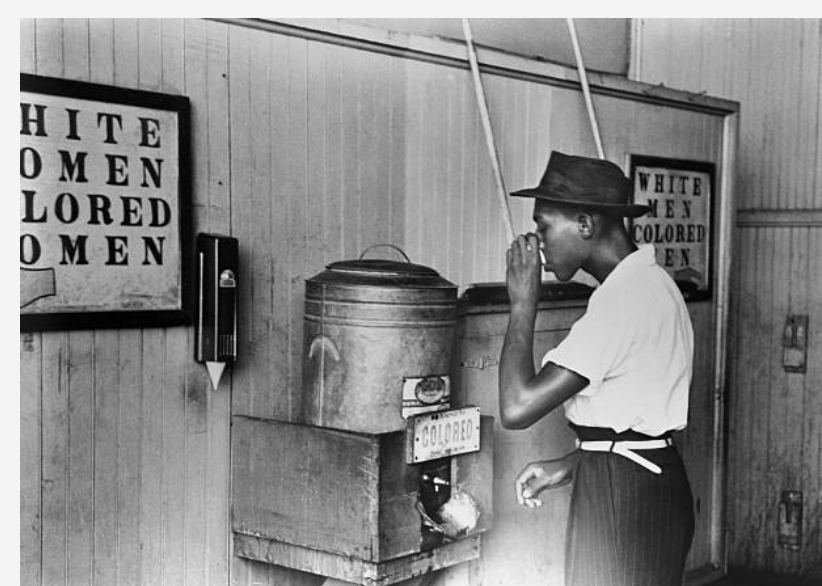
She was a revolutionary American educator. This former Black Panther has fought for race, class and gender equality over the years. She authored one of the of the most distinguished books in the field of women’s studies called Women, Race & Class.
1. Susan Rice
2. Angela Davis
3. Kathleen Cleaver
4. Val Demings
Angela Davis
The first African American to be on a U.S. postage stamp.
1. Martin Luther King Jr
2. Booker T. Washington
3. Medgar Evers
4. Sojourner Truth
Booker Taliaferro Washington was an American educator, author, orator, and adviser to multiple presidents of the United States. Between 1890 and 1915, Washington was the dominant leader in the African American community and of the contemporary black elite
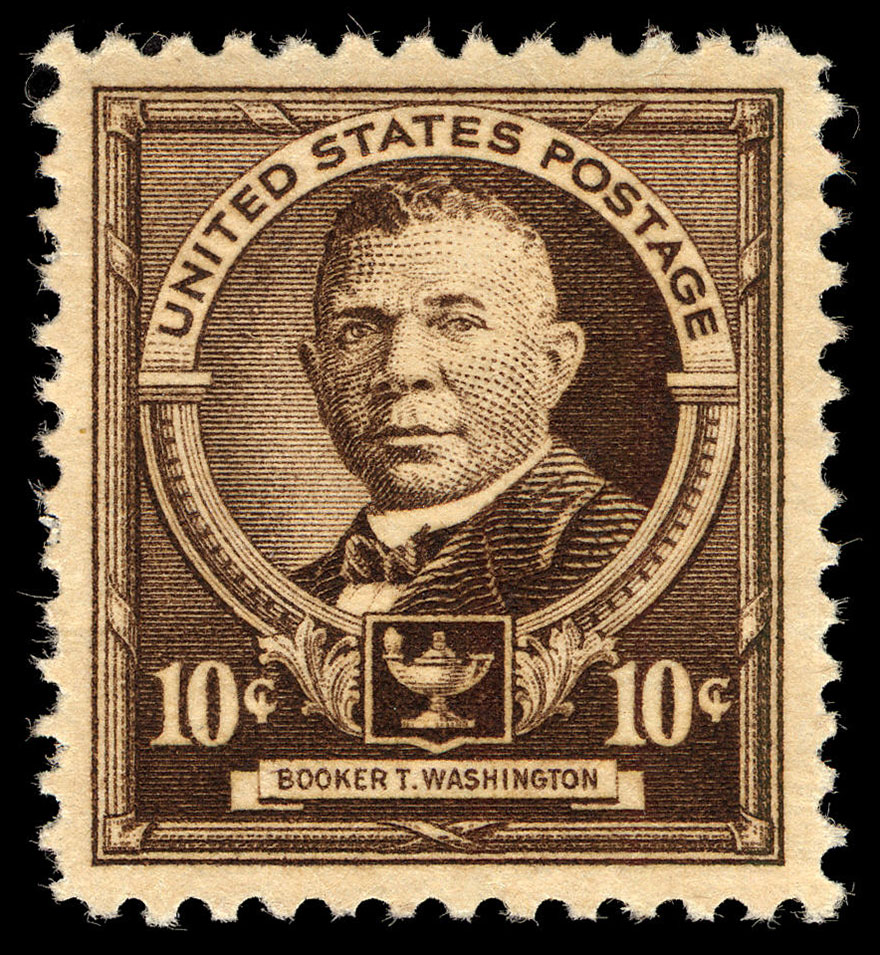
He invented the three-position traffic signal in 1923 that includes the yellow light?
1. J.P Knight
2. Garrett Morgan
3. Benjamin Franklin
4. Morgan Freeman
Garrett Morgan
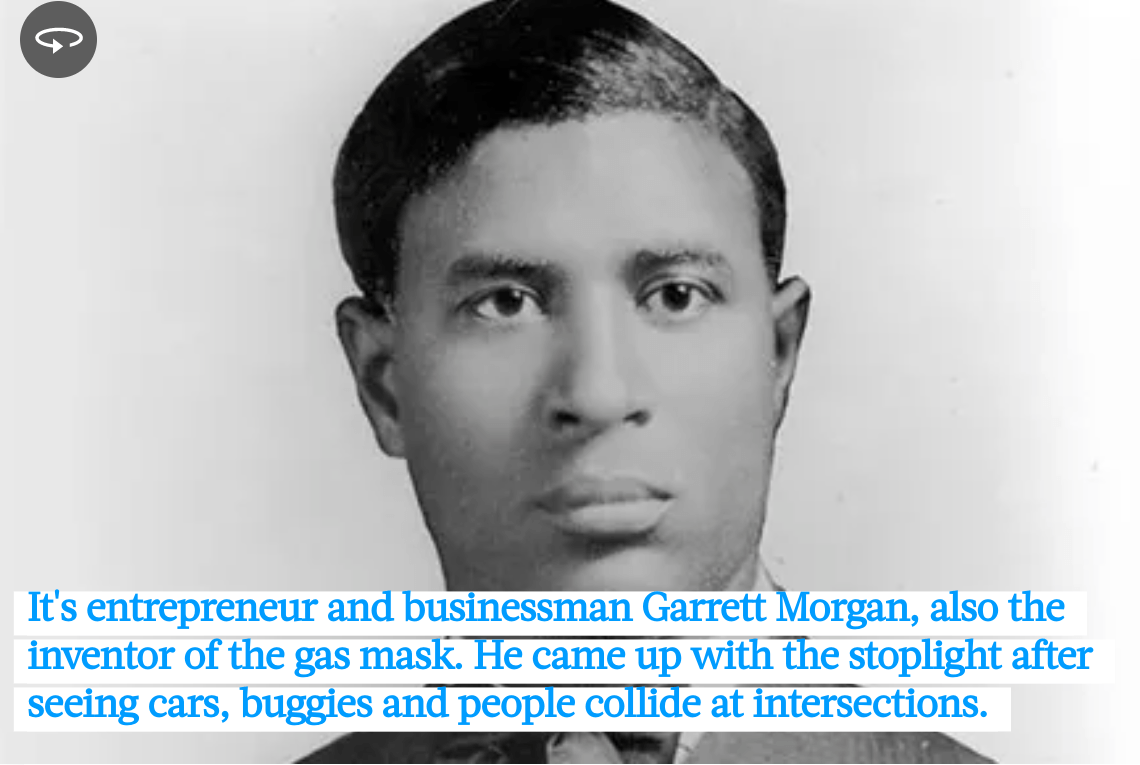
I was a medical doctor and a scientist. I was very interested in solving the problem of storing and using blood for transfusions (a transfusion is done when a person is hurt or ill and needs blood restored in their body). I developed a process for removing plasma (blood without cells) from blood. Plasma can be stored much longer than whole blood. I was credited with heading two blood banks – The American Red Cross and Blood for Britain. Blood for Britain provided blood for soldiers injured in World War II.
1. James Baldwin
2. Charles Drew
3. Frederick Douglas
4. W. E. B. Du Bois
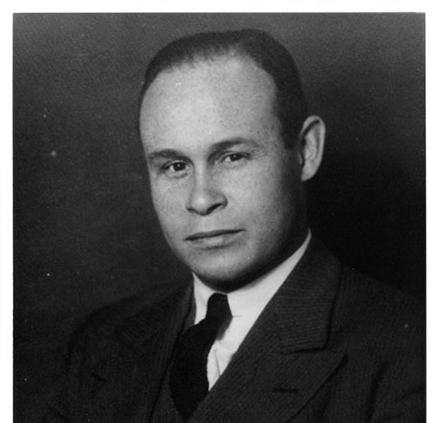
Dr. Charles Drew
In 1864, she was the first African American woman to earn an M.D. degree.
1. Claudette Colvin
2. Dorothy Vaughn
3. Rebecca Lee Crumpler
4. Jo Ann Robinson
Rebecca Lee Crumpler
She was the first African American woman elected to the U.S. Senate.
1. Carol Moseley Braun
2. Kamala D. Harris
3. Karen Bass
4. Sheila Jackson Lee
Carol Moseley Braun was the first African-American woman elected to the U.S. Senate, the first African-American U.S. Senator from the Democratic Party, the first woman to defeat an incumbent U.S. Senator in an election, and the first female U.S. Senator from Illinois.
This is Dr. Martin Luther King Jr.'s father's church.
Ebenezer Baptist Church
Ebenezer Baptist Church is a Baptist church located in Atlanta, United States, affiliated with the Progressive National Baptist Convention and American Baptist Churches USA. It was the church where Dr. Martin Luther King, Jr. was co-pastor from 1960 until his assassination in 1968, the location of the funerals of both Dr. King and congressman John Lewis, and the church for which United States Senator Raphael Warnock has been pastor since 2005. It is located in the historic area now designated as the Martin Luther King Jr. National Historical Park.
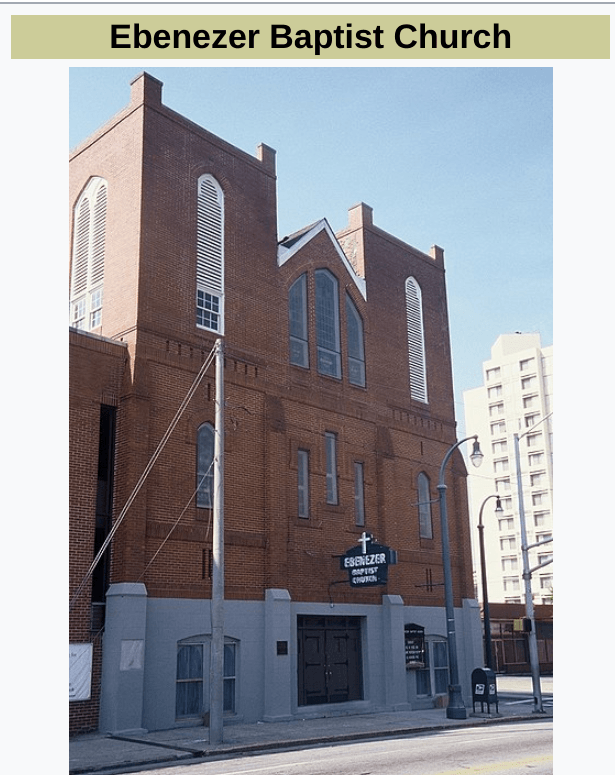
The all Black 332d Fighter Group of the U.S. Army Air Corps which escorted Allied Bombers through European airspace on 1,578 mission during World War II is known by this nickname.
1. Flying Blue Aces
2. Tuskegee Airmen
3. 92nd bomber squadron
Tuskegee Airmen
The Tuskegee Airmen were a group of primarily African-American military pilots and airmen who fought in World War II. They formed the 332nd Expeditionary Operations Group and the 477th Bombardment Group of the United States Army Air Forces.
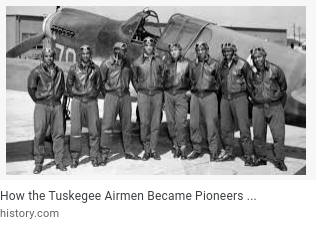
I was an American entrepreneur, philanthropist, and political and social activist. I was born Sarah Breedlove. I was “the first Black woman millionaire in America” and made my fortune thanks to my homemade line of hair care products for Black women.
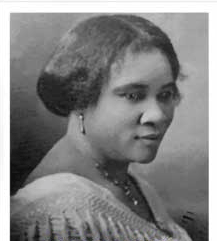
Madam C. J. Walker
This Black mathematician was a surveyor who helped plan the District of Columbia.
1. Benjamin Banneker
2. David Blackwell
3. Melba Roy Mouton
Benjamin Banneker in 1790
Benjamin Banneker was a free African-American almanac author, surveyor, landowner and farmer who had knowledge of mathematics and natural history. Born in Baltimore County, Maryland, to a free African-American woman and a former slave, Banneker had little or no formal education and was largely self-taught.

She sang at the 1963 March on Washington right before Martin Luther King, Jr. gave his “I Have A Dream” speech.
1. Josephine Baker
2. Lena Horne
3. Billie Holiday
4. Mahalia Jackson
Mahalia Jackson
The Queen of Gospel, is known as one of the greatest musicians in American history. Jackson sang at the 1963 March on Washington right before Martin Luther King, Jr. gave his “I Have A Dream” speech. While giving his speech, Jackson interjected with “Tell them about the dream, Martin.” Jackson’s words led King to improvise the pivotal latter part of his speech.
Martin Luther King Jr. received all of these award except this one.
1. Nobel Peace Prize
2. Congressional Gold Medal
3. Presidential Medal of Freedom
4. Freedom Award
Freedom Award
She was the first Black woman to win five Grammy Awards in one year.
1. Da Brat
2. Sza
3. Lauryn Hill
4. Megan Thee Stallion
Lauryn Hill
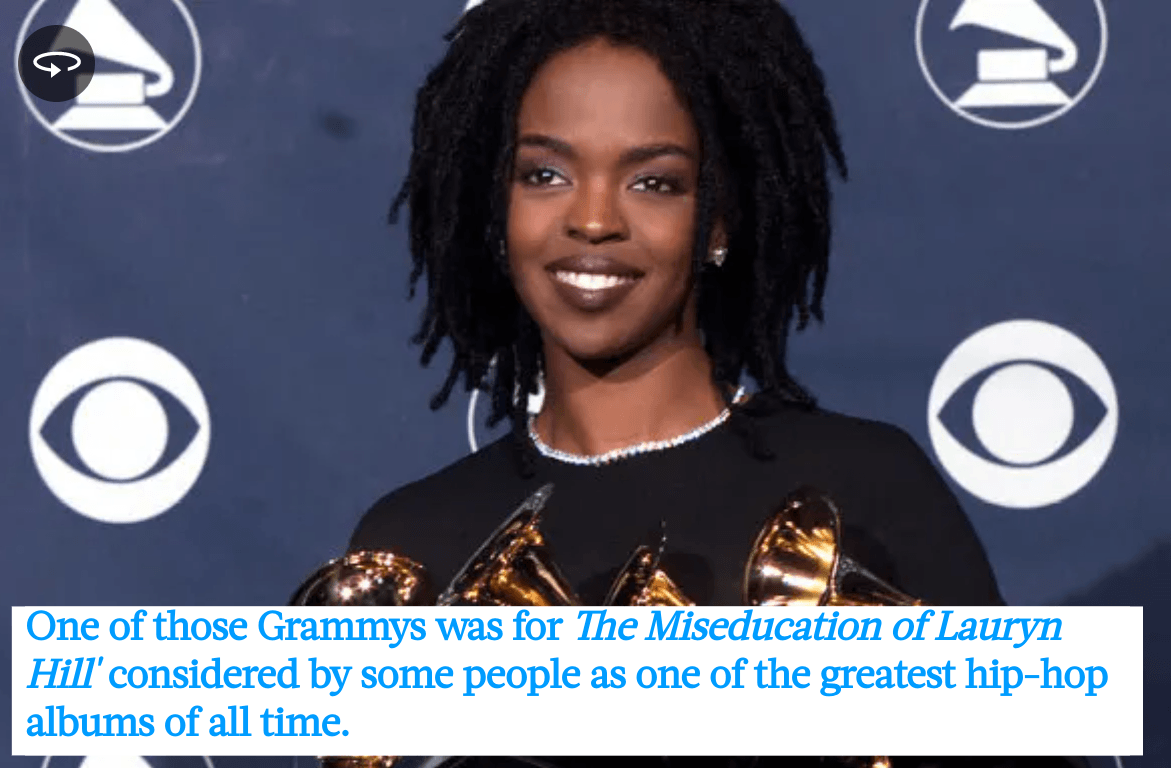
I was an American novelist, playwright, essayist, poet, and activist. My essays, collected in Notes of a Native Son, explore intricacies of racial, sexual, and class distinctions in the Western society of the United States during the mid twentieth-century.
1. George Washington Carver
2. Garrett Morgan
3. James Baldwin
4. Benjamin Banneker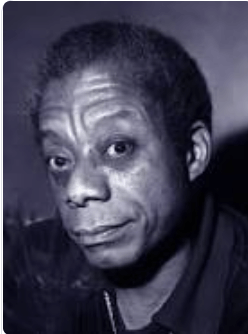
James Baldwin
This man escaped slavery by seizing a Confederate ship, impersonating its captain, and sailing to freedom.
Robert Smalls
A dancer and singer, she also worked for the French Resistance during World War II. In the 1950's and 1960's she was a civil rights activist, speaking at the March on Washington in 1963.
1. Oprah Winfrey
2. Michelle Obama
3. Kamala Harris
4. Maxine Waters
Josephine Baker
This was the plaintiff in the Supreme Court decision that upheld the legal doctrine of "separate but equal"
1. Oliver Brown
2. Jane Roe
3. Homer Plessy
4. Dred Scott
Homer Plessy
Homer Adolph Plessy, originally Homère Adolphe Plessy (March 17, 1862 – March 1, 1925), was a French-speaking Creole from Louisiana, best known for being the plaintiff in the United States Supreme Court decision Plessy v. Ferguson.
Arrested, tried and convicted in New Orleans of a violation of one of Louisiana's racial segregation laws, he appealed through Louisiana state courts to the U.S. Supreme Court and lost. The resulting "separate but equal" decision against him had wide consequences for civil rights in the United States. The decision legalized state-mandated segregation anywhere in the United States so long as the facilities provided for both blacks and whites were putatively "equal".
A figure of the Harlem Renaissance, he wrote about the struggles of Black Americans and is known for his poems, "I, Too," and "Harlem."
Langston Hughes
I was the first woman and first Black American to run for the Democratic nomination for President of the United States. Prior to my run for the Presidency. I made history by becoming the first black congresswoman, representing New York State in the House of Representatives for seven terms. I graduate of Brooklyn College, and earned a Masters degree in education from Columbia University. As a former teacher, I spent my political career fighting for equal opportunities in education and social justice.
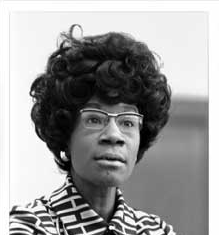
Shirley Chisholm